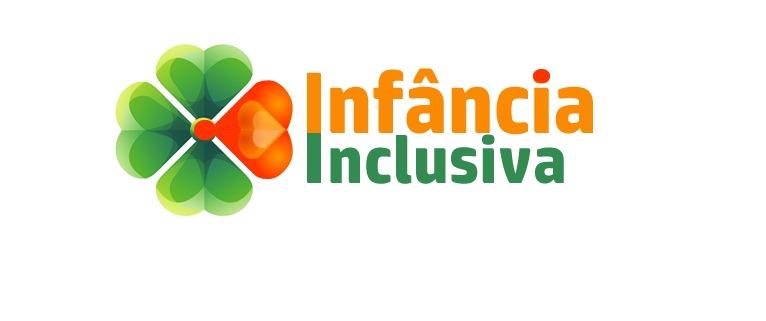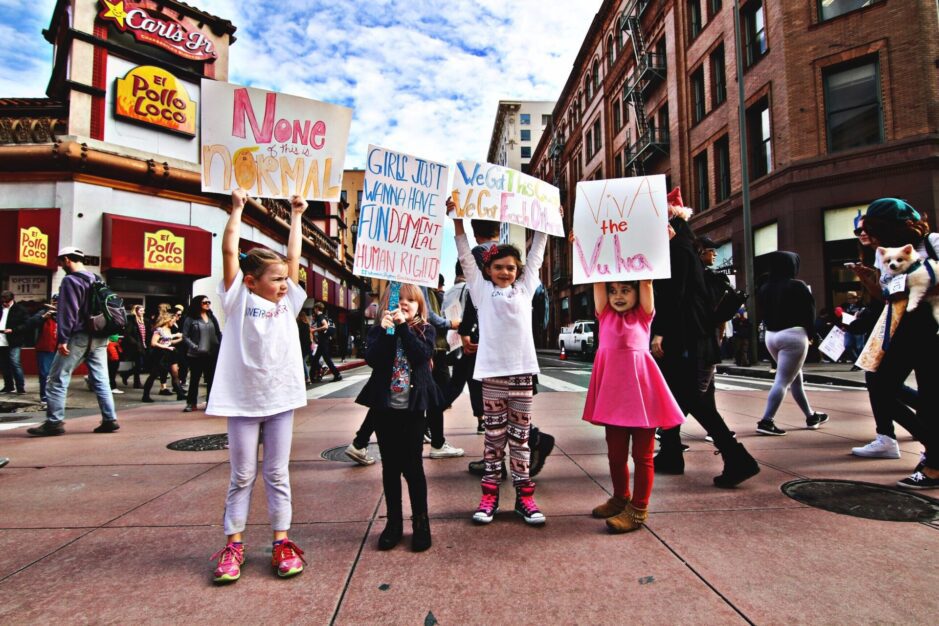As doenças raras são um problema universal?
As doenças raras são um importante problema de saúde infantil
Crianças também têm direitos
Crianças aprendem a usar seus direitos
Crianças têm direito a uma vida plena
Crianças têm direito a um nome, uma nacionalidade, uma vida familiar e um diagnóstico
Respeito ao direito a um nome, nacionalidade e laços familiares
Crianças têm direito a um relacionamento com ambos os pais
A doença rara não deve sequestrar o futuro da criança
Quando possível, as crianças devem ser envolvidas em decisões sobre a sua saúde
Crianças têm o direito de obter e compartilhar informações com segurança
As crianças têm direito a um idioma
Crianças têm direito a suporte em doenças raras
Crianças têm direito à privacidade
Crianças têm direito ao acesso a uma mídia confiável
As crianças têm direito a apoio igualitário dos serviços governamentais
Crianças com doenças raras ou sem diagnóstico estão algumas vezes impossibilitadas de serem cuidadas por seus pais
Crianças em todo o mundo sofrem o impacto das doenças raras
Crianças com doenças raras e aquelas sem diagnóstico precisam de exames regulares
Transições no cuidado devem ser observadas
Estresse familiar devido a demandas pelas doenças raras e falta de ajuda financeira
Estresse familiar devido ao excesso de demandas
Acesso à educação é um direito básico de toda criança
Aprender brincando
Crianças com doenças raras devem ser protegidas de maus-tratos e exploração
Doenças raras e tratamento medicamentoso
Igualdade de acesso a serviços médicos e pesquisa
Transições no cuidado devem ser observadas
Pesquisas em doenças raras beneficiam a todos
Crianças têm o direito de serem cuidadas por pessoas que as respeitem
Direito ao resgate: ajuda extra para crianças
Ação nacional em doenças raras
Raro consciente
Crédito da foto: Foto de Nicole Adams na Unsplash
Fonte: Adaptado de Matthews, L., Chin, V., Taliangis, M. et al. Childhood rare diseases and the UN convention on the rights of the child. Orphanet J Rare Dis 16, 523 (2021). https://doi.org/10.1186/s13023-021-02153-0

